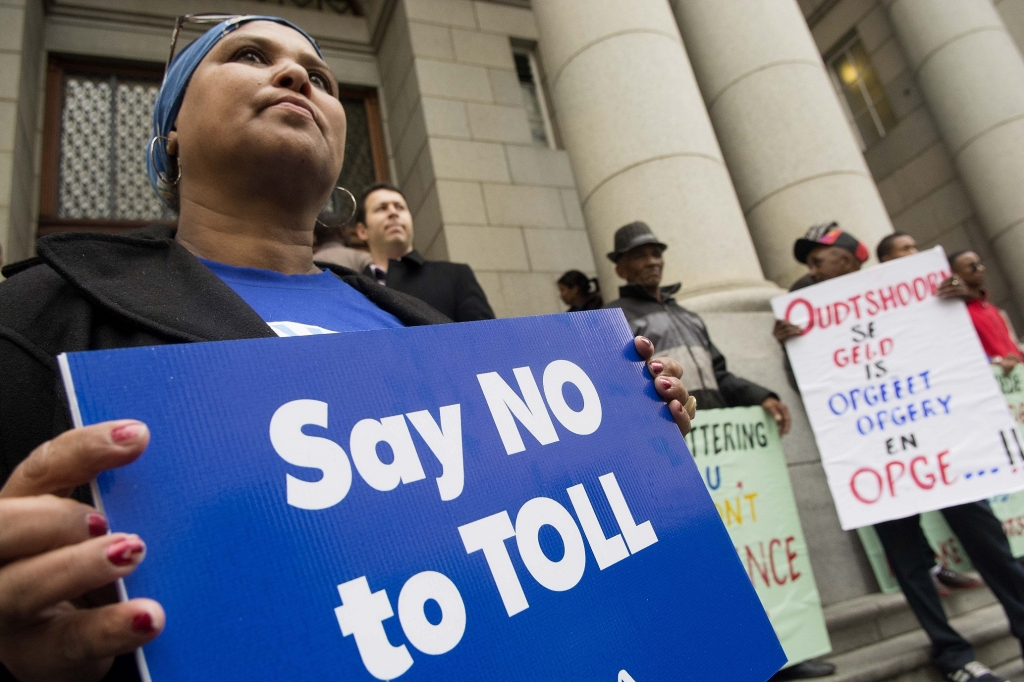Sanral faces uphill battle to toll Cape roads
The city contends that the process undertaken by Sanral in deciding to toll parts of the N1 and N2 was procedurally flawed, and that the decision-makers were not in possession of the necessary information. “While the City of Cape Town in the past was at pains to point out what it would cost road users to travel on the planned toll roads, tariffs had not been set and whatever numbers are bandied about are pure speculation”, said Alli. “It is the City’s view that this evidence should have been considered for a proper decision to be made”, said the City in a press statement.
“Since we took the decision to declare an intergovernmental dispute with Sanral and the national ministers of Transport and Environmental Affairs, we have witnessed and experienced unprecedented efforts by Sanral to hide the truth from a democratically elected government and the people we elected to serve”, he said.
All spheres of government were consulted, but national roads and their tolling were a national competence, he added.
He also argued that the environment minister gave authorisation for the project to go ahead after “considering only the biophysical aspects of the proposal. Sanral reserves its rights and will consider its options whichever way the court rules”.
Sanral wants to toll the N1 and the N2 highways, which has been strongly opposed by the DA. The decision was duly published in the Government Gazette on Alli’s sign-off.
Sanral spokesman Vusi Mona said in April that it was “totally wrong” to say Alli took the decision on his own as the toll road declaration was made at ministerial level.
Last week, the court dismissed an application by Sanral to try and have evidence belatedly filed from a board decision on the contentious project.
In the course of litigation against Sanral, which prior to Tuesday’s application involved a successful bid last year to force Sanral to provide the city with bidding information showing the proposed tolling fees, the city uncovered astonishing information contained in the proposed deal with the preferred bidder, Protea Parkways Consortium (PPC). Both Sanral and the Treasury had been unaware of this risk, before it was pointed out by the city.
In 2013 Sanral was about to enter into a contract with PPC which would have been reckless and irrational.
The roads agency also suggests in its court papers that the city’s objection to tolling is essentially political, and that the Democratic Alliance may be seeking to use the issue as mileage in the run-up to elections. Sanral contingent liability is more than what it would cost Sanral to construct the upgrades proposed by PPC and to continue maintaining and operating the N1 and N2 freeways as it now does. This is due to the steady decrease in government funding for roads infrastructure, paired with the hefty bill for annual maintenance of South Africa’s road network. “We as the City of Cape Town do recognise that roads need to be upgraded, but then Sanral needs to talk to us to find the best possible formula”.








